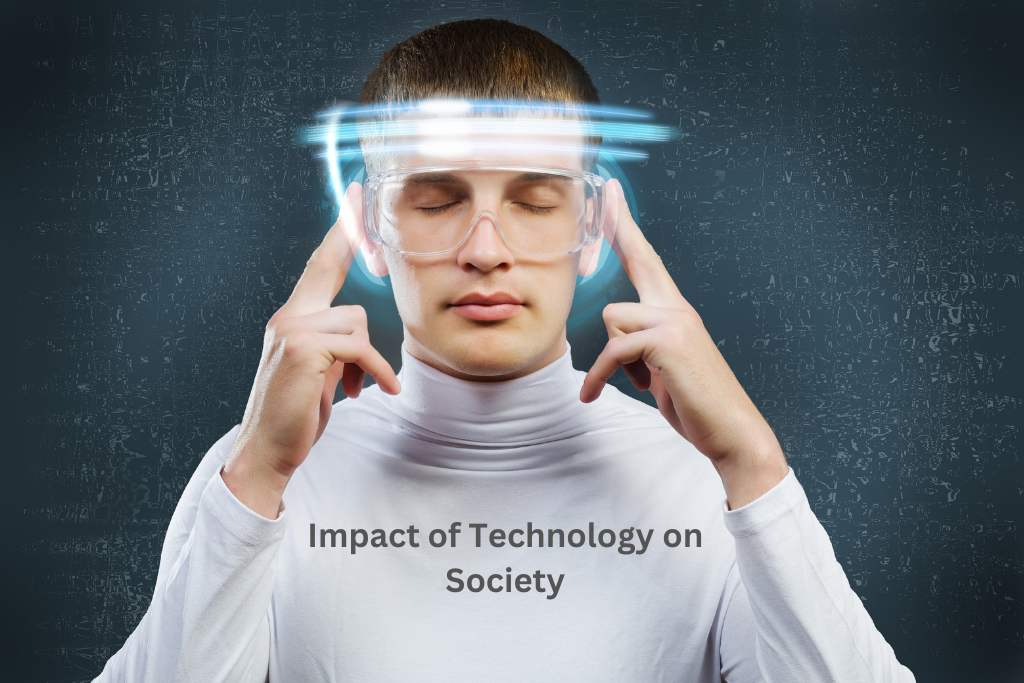As one of humanity’s greatest achievements, space exploration has captivated our imaginations for centuries. From the first successful space launch to the countless missions to explore distant planets and galaxies, our fascination with the cosmos continues to grow. While most people may never have the opportunity to visit space themselves, the prospect of space travel remains an exciting and inspiring topic. In this blog, we will delve deeper into the world of space exploration and travel, exploring the latest developments in technology and innovation that are making it possible for humans to go where no one has gone before.

History of Space Exploration: From the Space Race to Present Day
The history of space exploration is a fascinating journey that started with the cold war space race between the United States and the Soviet Union. It fueled an unprecedented program of scientific exploration that saw the first human being, Yuri Gagarin, orbit the Earth in 1961. Since then, space exploration has continued to evolve with NASA aiming to launch a manned vehicle into Earth’s orbit as early as possible. Advancements in space technology have led to the development of unmanned probes that have explored the reaches of our solar system and beyond.

The role of telescopes in space exploration cannot be overstated, as they help us explore the universe beyond Earth. Today, the future of space travel looks promising with advancements in reusable spacecraft and the growing industry of commercial space tourism. The significance of space exploration for humanity cannot be underestimated, as it offers hope for new discoveries that can change our world for the better.
The Significance of Space Travel for Humanity
Space exploration and travel have played a crucial role in shaping humanity’s understanding of the universe and its place within it. From the earliest days of the Space Race to present-day voyages to the asteroid belt, space travel has pushed the boundaries of what we thought was possible. It has opened avenues for scientific research, advanced technological innovation, and spurred international cooperation.
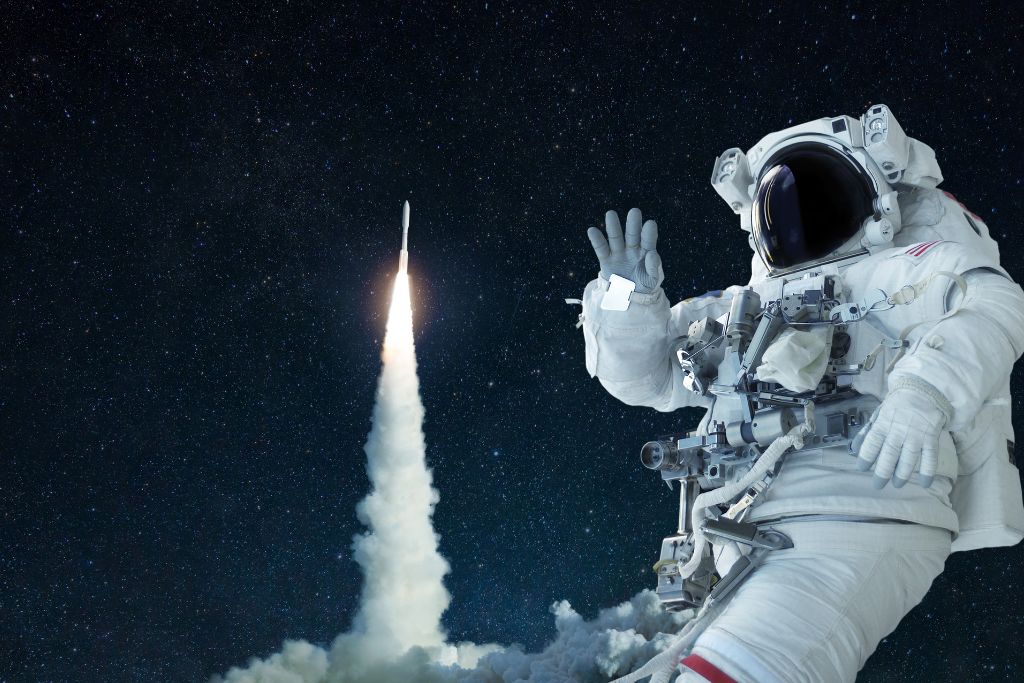
With the future of commercial space tourism on the horizon, there are exciting new opportunities for exploring beyond Earth. However, this progress must not come at the cost of ethical considerations and the importance of studying our own planet’s atmosphere and climate change. Overall, space travel has helped humanity to address fundamental questions about our existence and has played a significant role in the advancement of human civilization.
NASA’s Psyche Mission: A Journey to the Asteroid Belt
NASA’s Psyche Mission is one of the most exciting and ambitious expeditions in space exploration history. This groundbreaking mission will explore the asteroid belt between Mars and Jupiter, specifically focusing on the metallic asteroid named Psyche. Researchers believe that Psyche could be an exposed core of a protoplanet that never fully formed. By studying it, they hope to gain greater insight into the origin and evolution of planetary cores. The Psyche spacecraft will use solar-electric propulsion to travel approximately 1.5 billion miles to reach its destination, where it will spend two years studying the asteroid’s composition and structure.
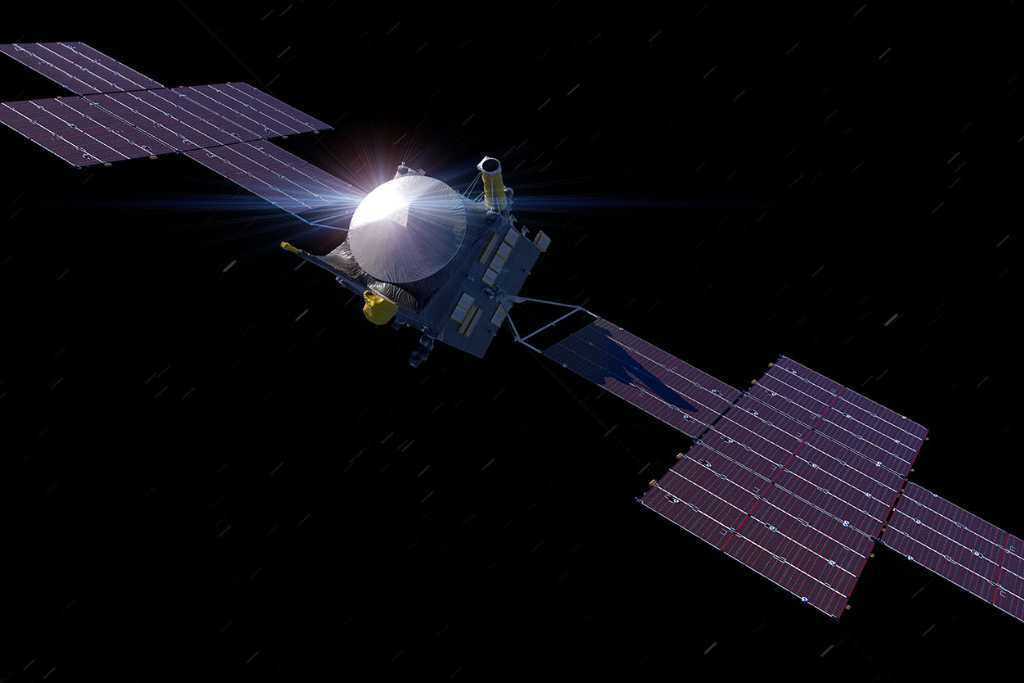
This mission represents a significant milestone in unmanned space exploration and provides valuable information for future endeavors. The Psyche Mission is not only significant for scientific purposes but also represents a massive investment and commitment towards space exploration, advancing humanity’s understanding of the universe. It is a remarkable journey to space, which can open new doors for human exploration and space travel.
Unmanned Space Probes: Exploring the Universe Beyond Earth
Unmanned space probes have been instrumental in expanding humanity’s knowledge of the universe beyond Earth. These remarkable spacecraft, controlled remotely by NASA scientists on Earth, have been sent out into the vast expanse of space to study planets, moons, asteroids, and comets beyond Earth’s orbit.
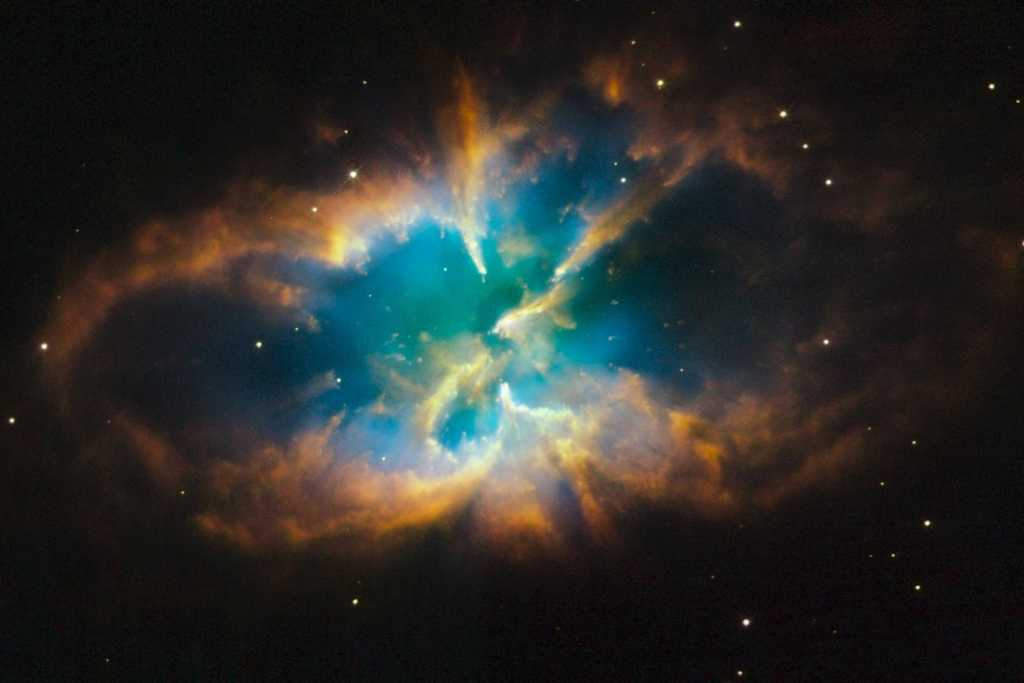
The data and images they have transmitted back to Earth have provided scientists with valuable information about the composition and characteristics of these celestial bodies, sparking new discoveries and advancing our understanding of the universe. Unmanned space probes have played a critical role in advancing space exploration and have contributed to many of NASA’s most significant achievements, including the Voyager missions, which continue to explore the far reaches of space.
The Role of Telescopes in Space Exploration
Telescopes play a crucial role in space exploration, allowing us to observe and study the vast universe beyond our own planet. From the Hubble Space Telescope’s ability to capture stunning images of galaxies billions of light-years away to the James Webb Space Telescope’s advanced technology to probe deeper into space, telescopes help us uncover the secrets of the universe.

They provide valuable data that scientists use to understand the formation of stars and galaxies, search for potentially habitable exoplanets, and even track asteroids that could pose a threat to Earth. The role of telescopes, combined with other space exploration technologies, opens up new possibilities for humanity’s future in space.
The Future of Space Travel: Commercial Space Tourism
The world of space travel is rapidly evolving, and with the rise of commercial space tourism, the possibilities for exploration and adventure beyond our planet are expanding. Many companies, including Virgin Galactic and SpaceX, are working tirelessly to make space tourism a reality for everyday people. This new frontier offers unprecedented opportunities for excitement and adventure, as well as the potential for breakthroughs in fields like space medicine and tourism.
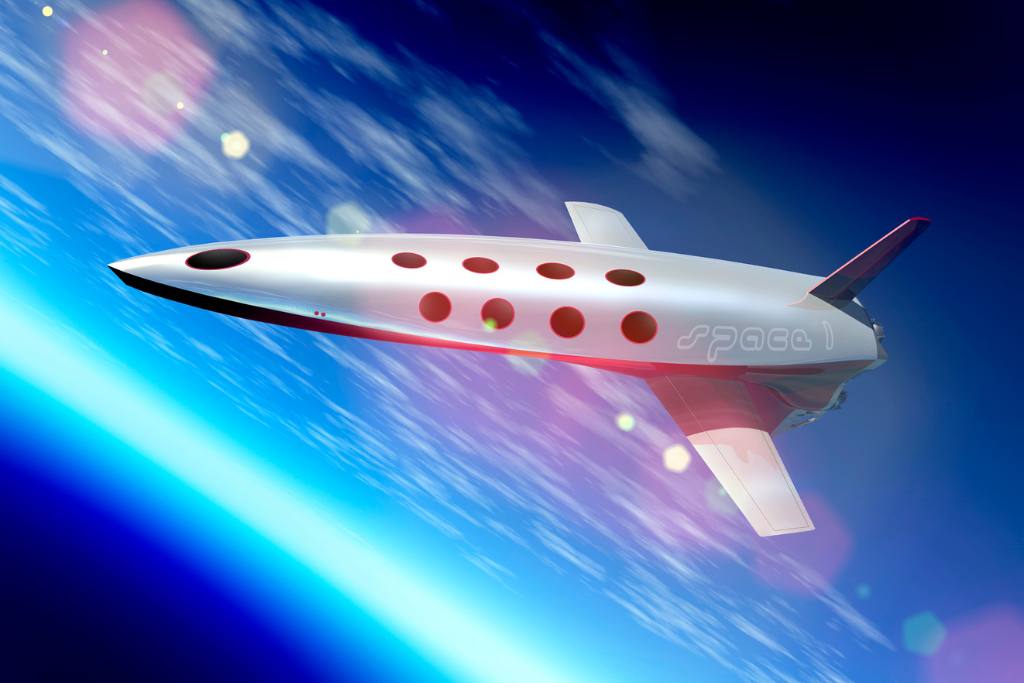
However, travellers must also consider the environmental and ethical impact of space tourism, as well as the safety risks involved. As we continue to push the boundaries of space exploration and travel, it is crucial to balance our desire for new experiences with responsible stewardship of our cosmic backyard.
In “Space Exploration and Travel,” the advancement of technology has played a significant role in enabling space exploration, making it possible to explore new frontiers and learn more about the universe. However, it’s important to consider the broader impact of technological innovations on society, which is the focus of the article “Assessing the Impact of Technological Innovations on Society.” This article examines how technology affects society in both positive and negative ways and offers insights into how we can ensure that advancements are implemented in a responsible and ethical manner. By considering the impact of technology on society, we can continue to explore space while also addressing the broader implications of technological advancements on our world.










